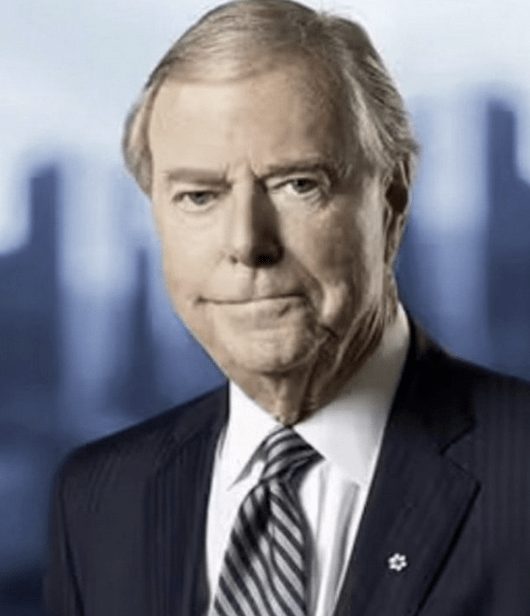Bracing for a Foggy Political Holiday Season

By Don Newman
December 23, 2024
Pierre Poilievre says he wants something he knows will not be granted. Jagmeet Singh says he will do something but doesn’t say when. And Justin Trudeau says nothing, but has no plans to step down over Christmas. In other words, it’s going to be a foggy political holiday season.
That is what Canadians — including an update-starved media — are left with as the county’s political leaders decamp from Ottawa for a break that should be 39 days long but could be much longer. Parliament began its Christmas recess on December 19th and is scheduled to return on January twenty-seventh.
But the confusion and turmoil triggered by the surprise resignation of former Finance Minister Chrystia Freeland from federal cabinet on the morning of the day she was to deliver the Liberal Government’s fiscal update, and the devastating attack she launched against Trudeau when she did it, have prompted a lot of Liberal MPs to call for Trudeau to step aside and thrown a lot of calculations — including the length of the Parliamentary recess — up in the air.
Poilievre says the situation in the country is now “out of control” politically. He wants Governor-General Mary Simon to order Parliament back into session so the House of Commons can vote “no confidence” and trigger an election. But the Governor-General does not respond to requests from the Opposition leader. Poilievre knows that, and the current request is a political stunt. As long as he leaves it at that there is no harm done.
The Conservative leader has been ahead in the polls for over a year. The margin now is around 20 points. Poilievre has been moving non-confidence motions at every opportunity trying to get to an election he seems certain to win.
Obviously, the Liberals are aware of the pitfalls that await them. Their best bet to delay the inevitable is to ask the Governor-General to prorogue Parliament.
But his plans have been thwarted by the New Democrats and Singh, who have continually supported the Liberals on confidence votes even though they formally terminated an agreement to prop up the government last summer.
However, last week Singh caved to Conservative pressure and said that Freeland’s resignation and the resulting calls from Liberal MPs for Trudeau to resign have convinced him to present a non-confidence motion of his own when Parliament reconvenes. That got Conservative hearts beating more quickly but it might not be all they have hoped for.
Singh did not say he would support any motion of non-confidence. He said he would propose one himself. He didn’t say he would do it at the first opportunity, just in the next session of Parliament. The NDP could continue to vote against Conservative and Bloc Québécois motions and when the NDP leader does propose his motion, he could word it in such a way as to make it impossible for the other opposition parties to vote for it. On the other hand, the Conservatives are so eager for an election, there may be no non-confidence motion they wouldn’t support no matter how much it offended their principles or sensibilities.
Obviously, the Liberals are aware of the pitfalls that await them. Their best bet to delay the inevitable is to ask the Governor-General to prorogue Parliament. That is when one session of Parliament ends and a date is set for another to begin, launched by a Speech from the Throne. Traditionally, a Governor-General does not refuse the prorogation request of a prime minister, and with a few legal constraints, the date of a new session is determined by the government.
That seems what is likely in store. Parliament will be prorogued at least until the end of March. While political predictions can be dicey these days, Trudeau will probably announce that he’ll resign after a successor is picked before that date. The Liberals will run a truncated leadership race. A new leader and prime minister will be chosen, and a pre-election throne speech will open a new session of Parliament.
That throne speech will be defeated by a combined vote of the Opposition parties, which will trigger an election. A new leader and a new party platform are no guarantees of success, but will give the Liberals a better electoral chance than would otherwise await them.
Contributing Writer and columnist Don Newman, an Officer of the Order of Canada and lifetime member of the Parliamentary Press Gallery, is Executive Vice President of Rubicon Strategy, based in Ottawa.
